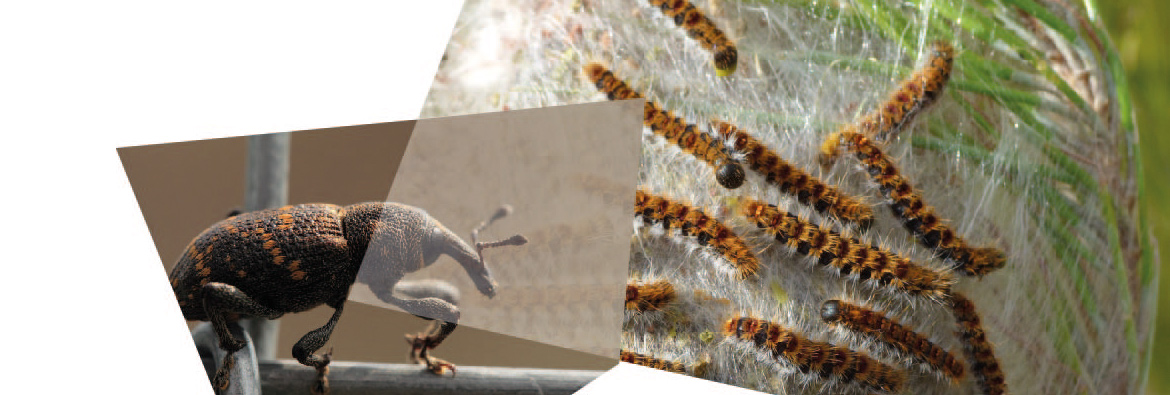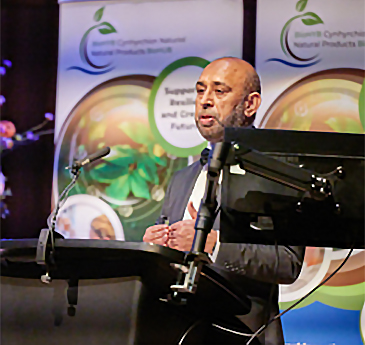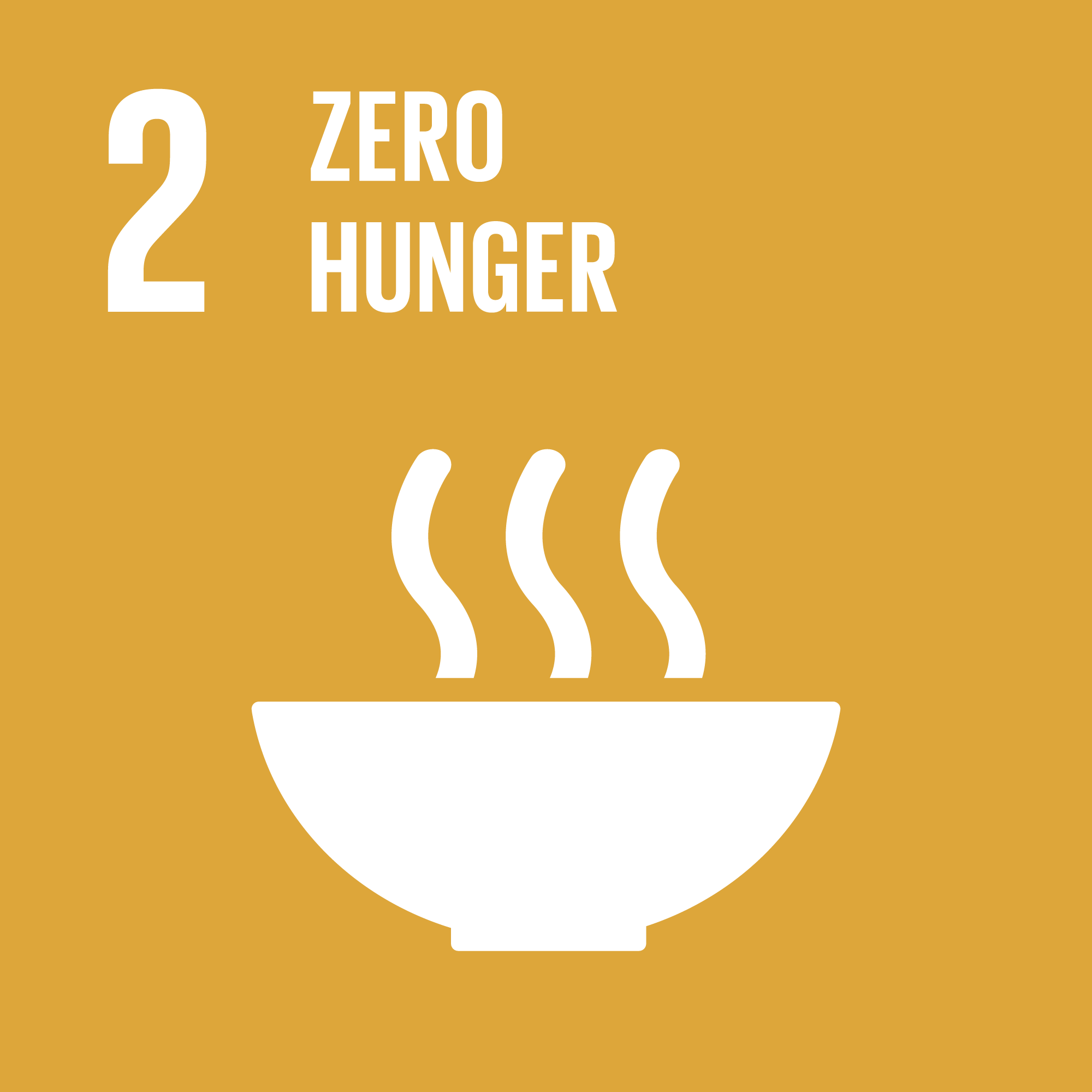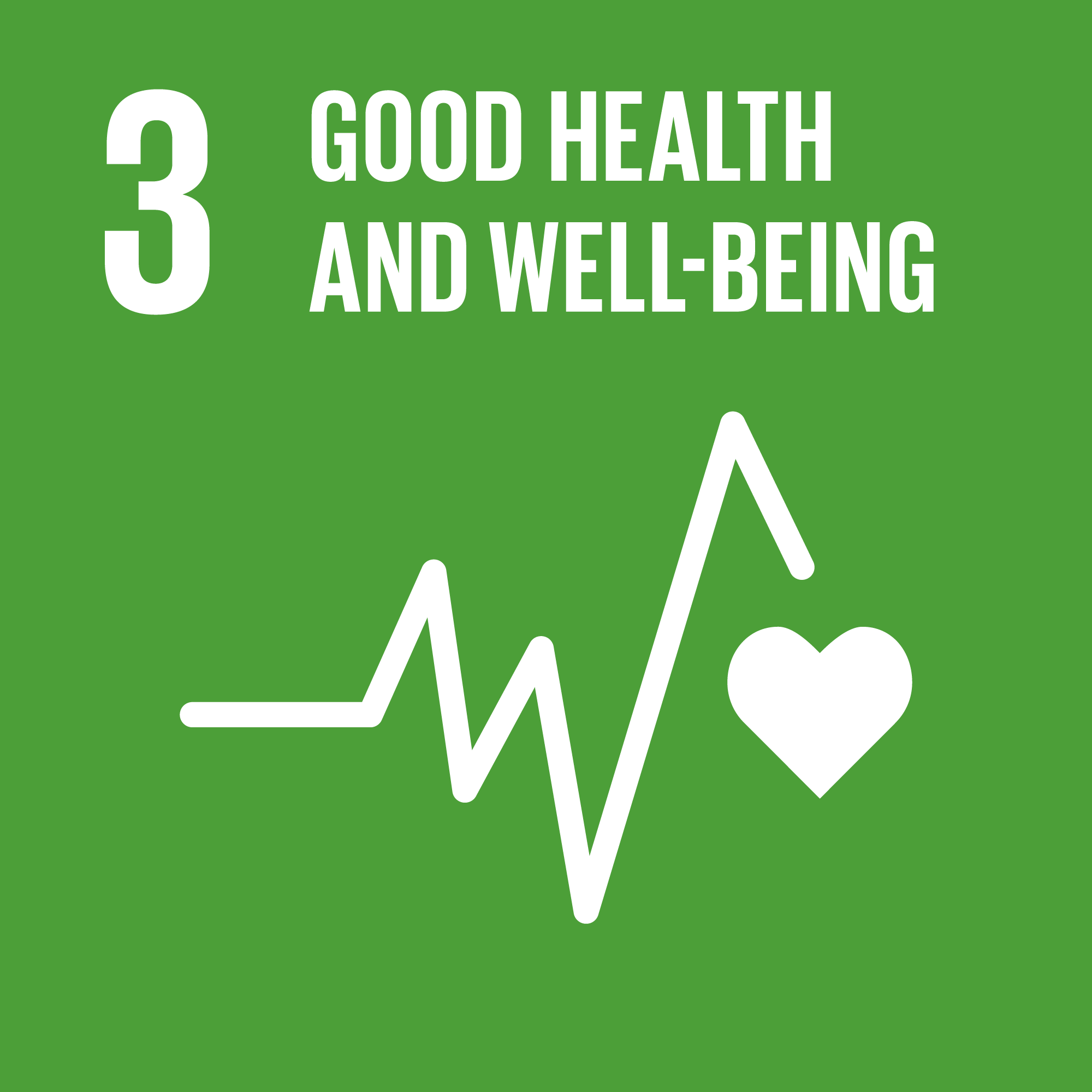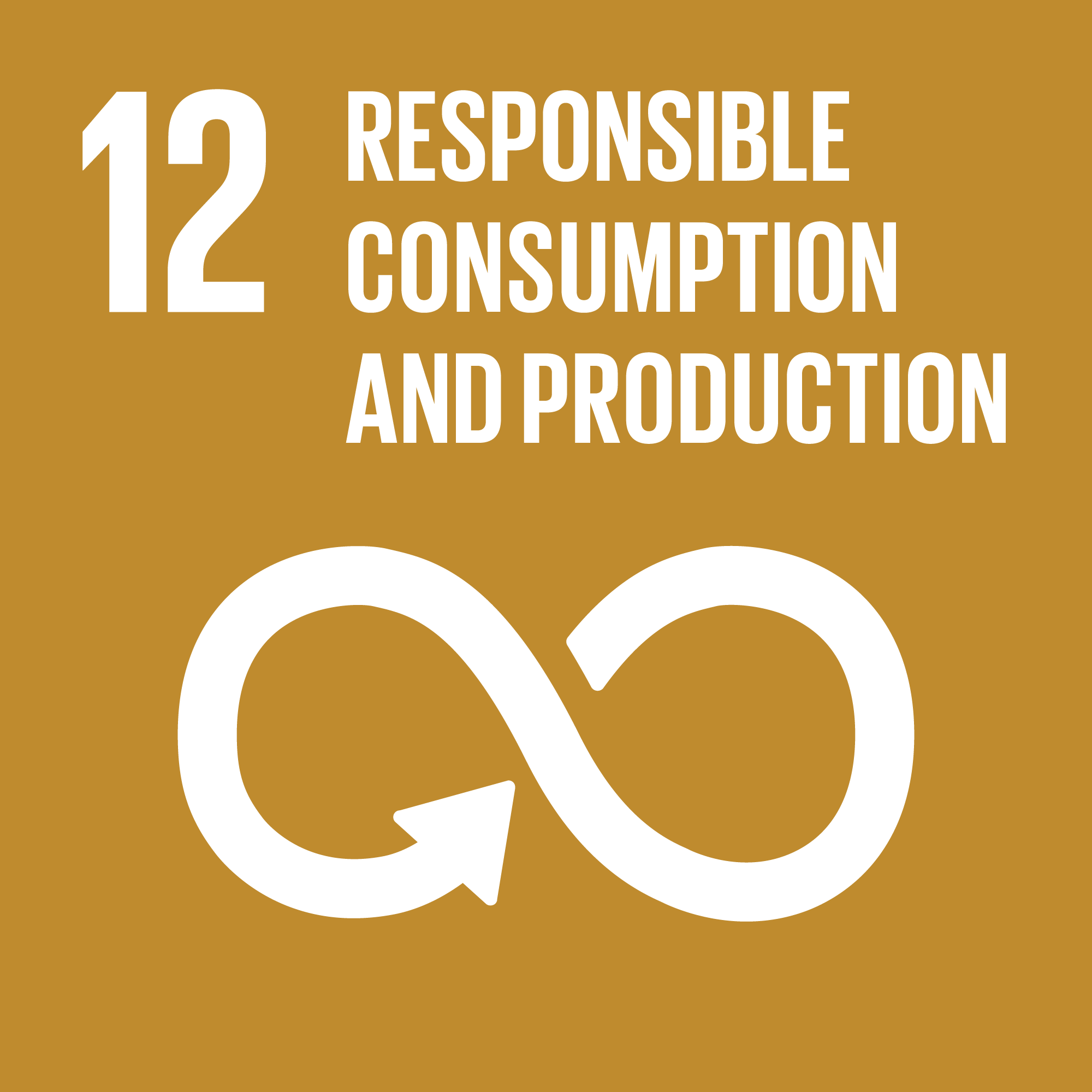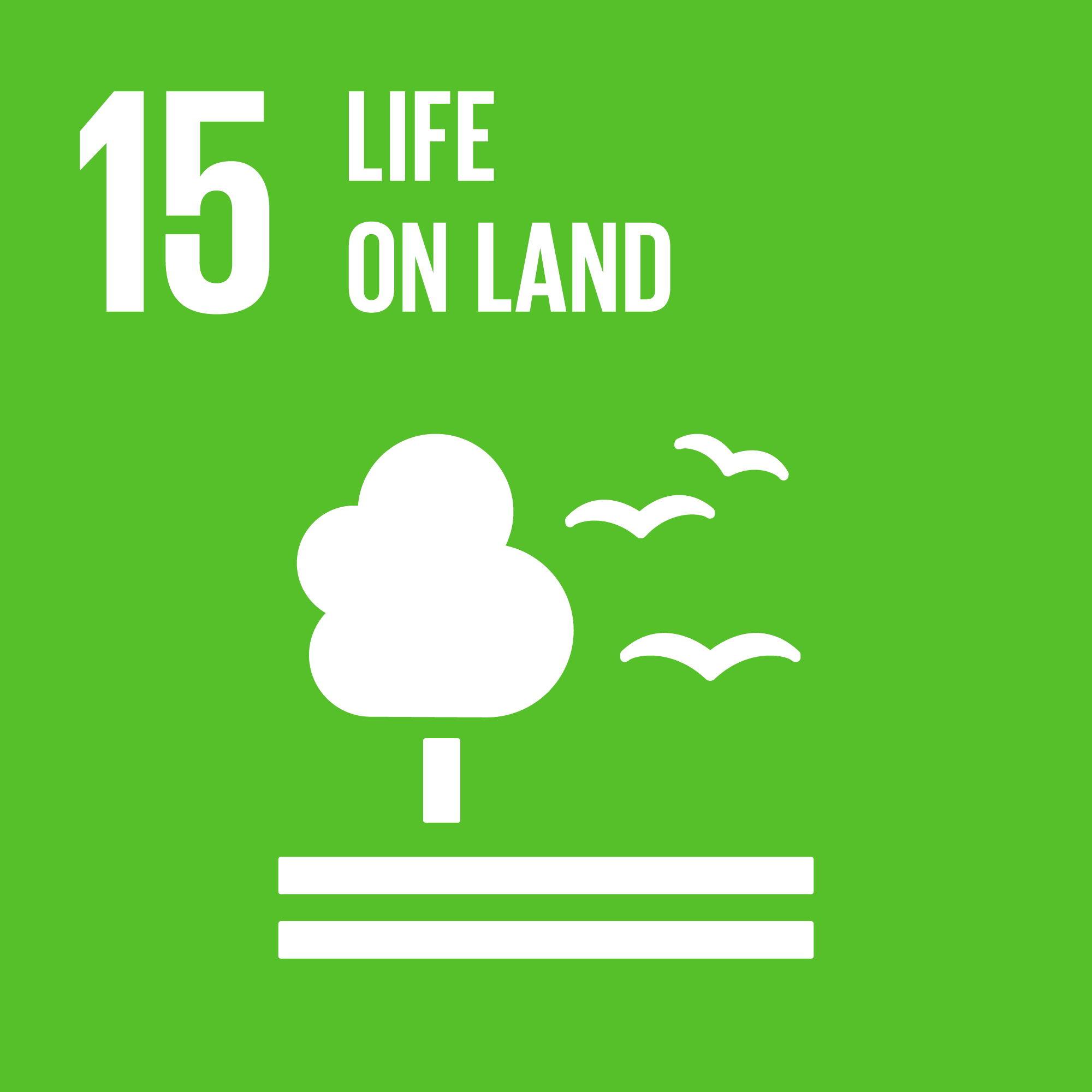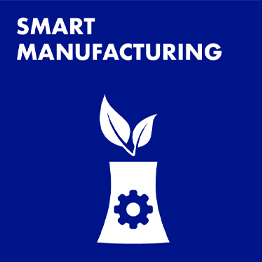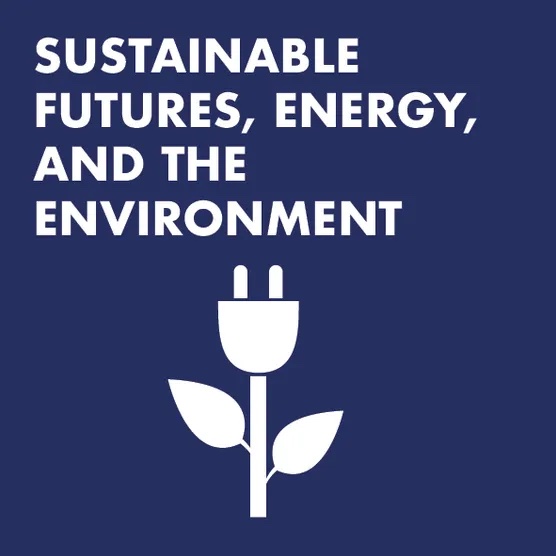The Challenge
With a growing world population, the need to produce food has become more critical. However, crop pests pose the greatest threat to food production, causing up to 40% crop damage through feeding and 100% crop losses by spreading diseases. For example, pests, such as the cabbage stem flea beetle lay eggs when the crop is sown and the emerging larvae eat the growing crop from within the stem killing the plant.
Warmer world temperatures, and intensive farming methods, have also contributed to pest prevalence, allowing them to spread faster into areas not previously infested.
70% of chemical insecticides, such as neonicotinoids, have been banned in the UK and most parts of Europe due to their carcinogenic properties, health risks and environmental harm. As a result, there is an urgent need to research and develop alternative ways to control crop pests using environmentally friendly products.
The Method
There has been a great interest and demand for biopesticides as a pest management solution as they are non-toxic and can effectively damage, repel or kill pests.
The use of fungi has been identified as an effective natural pesticide by causing diseases for the insect pests. However, as living organisms, fungi can be damaged during production, storage and application reducing their efficacy. Therefore, it is important to understand virulence mechanisms and optimise production technologies for improved efficacy under field conditions.
The Impact
Currently, some products are commercially available in parts of the USA and Europe, but their use in food production is limited. Although developing these products on an industrial scale has challenges, such as cost, there are significant benefits. The Natural Products BioHub at Swansea University, in partnership with Swansea Council, is developing microbe-based natural product solutions for agriculture and other industries which are safe for human and animal health and the environment.

